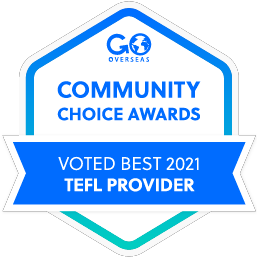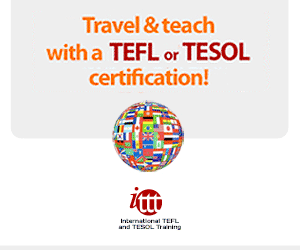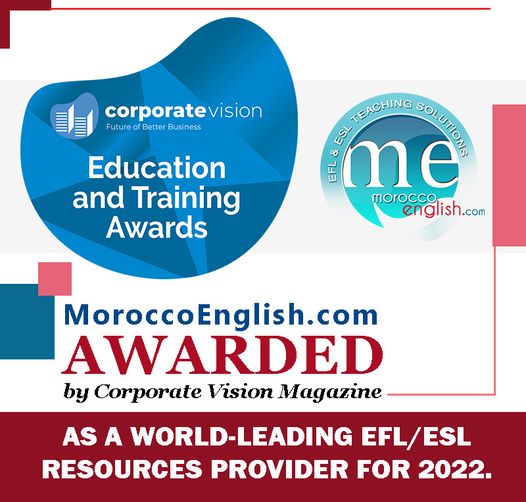Brooke Lake for MoroccoEnglish.com |
 While studying abroad in Meknes, Morocco this past summer my favorite Arabic word came to be ‘iftar.’ I can remember whispering this word to myself over and over again while squished in the backseat of a taxi in the sweltering African heat between three oversized Moroccan women.
While studying abroad in Meknes, Morocco this past summer my favorite Arabic word came to be ‘iftar.’ I can remember whispering this word to myself over and over again while squished in the backseat of a taxi in the sweltering African heat between three oversized Moroccan women.
After the thirteenth hour of absolutely no food and water, after taking a three hour advanced Arabic exam, after walking home in the intense summer heat and after having an entire table ridden with delicious Moroccan food stare me down as I walked in my front door, I inhaled slowly and exhaled the word, iftar.
As days turned into weeks in Morocco the word took on a multitude of meanings for me. Iftar is the traditional meal which breaks the daily fast for those participating in Islam’s most holy month of Ramadan. I started to associate all things wonderful and life-giving with iftar. As a non-Muslim American living in an Islamic country for the first time during the month of Ramadan, my entire sense of comfort, will-power and understanding dissolved into a brand new empathy for a group of people I love deeply (Muslims). Even more, I experienced a revolutionary emotional, spiritual and physical transformation during my fast.
Ramadan, celebrated by approximately 2 billion Muslims worldwide, is a month-long fast dedicated to spiritual and physical purification in hopes that Allah will forgive all previous sins. From before the dawn breaks until the sun sets, those following the fast will abstain from not only food and water but also sex, gossip and ill behavior towards others.
You may wonder why a non-Muslim would willingly participate in Ramadan. I can best answer that with a story or two.
I went into my fast with an unknowing of what to expect. I had fasted before but never in a foreign country and culture, and never to this extent. I thought it would consist mostly of quiet meaningful reflection and meditation alone.
On the contrary, when I conjure up memories of Ramadan I hear my Moroccan “mother” screaming, “kooli” (Arabic for ‘you eat’) at me with a wink and the warmest of smiles as I sipped on homemade juice. I can see the faces of friends laughing together as we exchanged stories and jokes in three, sometimes four different languages. When I recall my first Ramadan, I feel my mouth succumb to the utter delectation that is harira, a famous Moroccan soup that takes about two hours to prepare, during iftar.
While Ramadan was similar to hiking a Colorado fourteener in a physically demanding aspect, it was just as spiritually and emotionally challenging, yet rewarding. Regardless of my spiritual beliefs or nationality, an iftar never passed where a Muslim-Moroccan family or friend did not welcome me into their home with astonishing hospitality. I was always given more than I could eat at iftar and even more love than I could comprehend from even people I had only just met.
It did not matter if I was eating on the floor of a poor Berber family’s home in the Atlas mountains, at a fancy table decorated with delicate china and elaborate foods in the city of Meknes, or cramped around a table bursting with someone from every generation in the family home of my Arabic professor in Tangier; every iftar was spent with people who encouraged me to call them uncle, grandmother, sister and father.
Ramadan was a blur of emotions, food, heat, Arabic and thankfulness for me. In a country where I could so easily be isolated because of language, religion, race, beliefs and culture I was adopted into so many families who never questioned my worth or validity at their sacred breaking-of-fast meal.
I believe one of my journal entries during the third week of Ramadan sums up my experience most comprehensively:
When your past sorrow and anxiety about the future dissolve into a peaceful acceptance of what was, what is and what is to come. When all fear evades your mind and abounding joy mixed with absolute gratitude becomes your daily song. Where language is a matter of the heart and not of the tongue, and all homes and hearts have only but open doors. Where delectation comes from kindness and not matters of wealth or filling your belly. This is truly living. Brothers and sisters, I am truly living.
Brooke Lake is an International and Arabic studies major at Colorado State University, USA. Brooke works as an editorial columnist for the Rocky Mountain Collegian. She studied abroad in Meknes, Morocco and currently studies abroad in Jordan. She can be reached at letters@collegian.com .







































